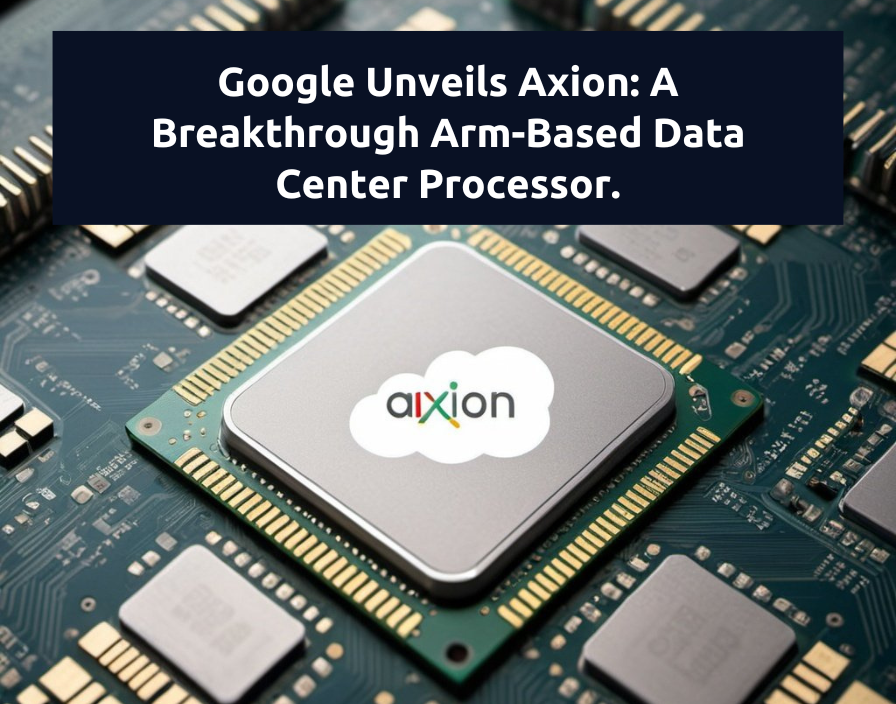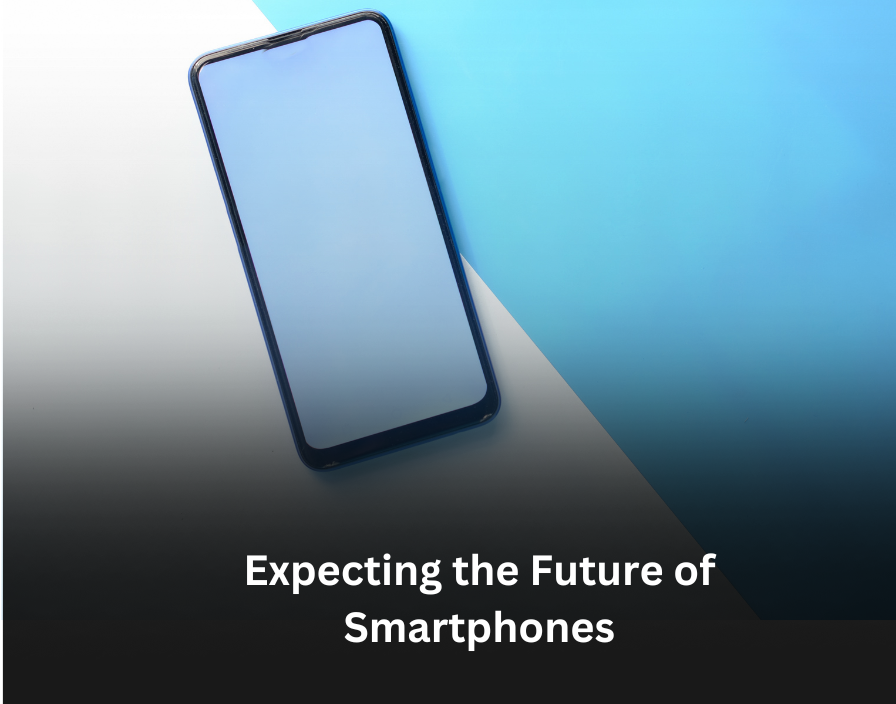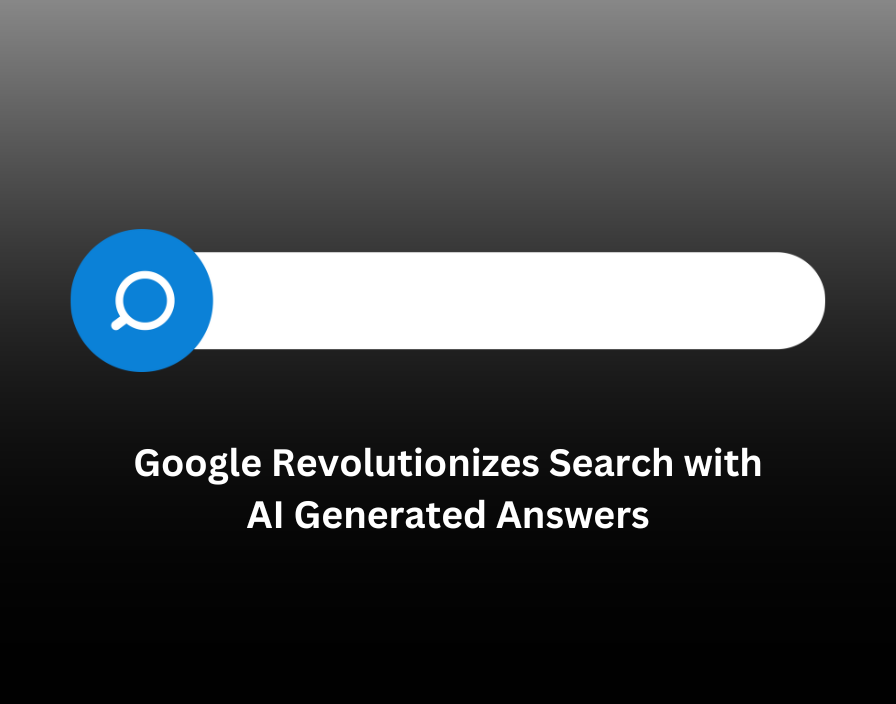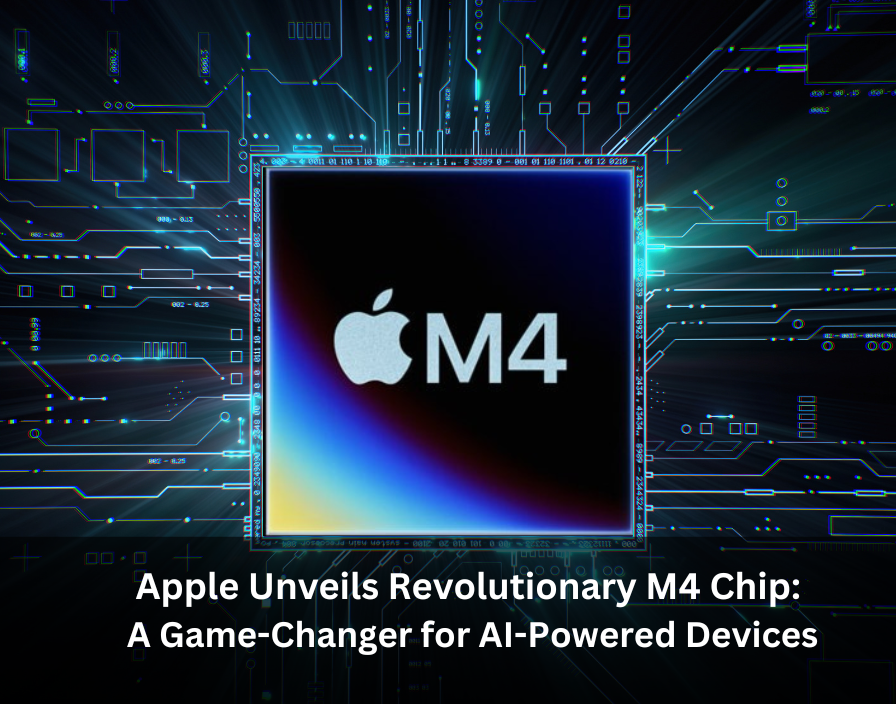Google Unveils Axion: A Breakthrough Arm-based Data Center Processor

Google Cloud has made a significant announcement, revealing its first custom-built Arm processor called Axion. Boasting the power of Arm's Neoverse 2 designs, Axion instances promise a remarkable 30% performance improvement compared to rival Arm-based instances offered by AWS and Microsoft. Furthermore, Axion delivers up to 50% better performance and an impressive 60% increase in energy efficiency when compared to comparable X86-based instances.
Although Google has not yet provided supporting documentation or specific details to substantiate these claims, the introduction of Axion has raised considerable intrigue. Despite our inquiries, Google has chosen not to disclose additional information at this time, including availability dates, pricing, and technical specifications. The company has even refrained from revealing which X86 instance Axion was compared against in the reported benchmarks.
Google spokesperson Amanda Lam stated, "Technical documentation, including benchmarking and architecture details, will be available later this year," suggesting that further insights will be provided in due course."
It is possible that the chips are still undergoing development, as Google's foray into Arm-based chips for the cloud has been a gradual process. The tech giant has a long history of designing its proprietary TPU AI chips and, more recently, custom Arm-based mobile chips for its Pixel phones. In contrast, AWS introduced its Graviton chips back in 2018.
To add some perspective, Microsoft only recently announced its Cobalt Arm chips, which are not yet available to customers. However, Microsoft Azure has been offering instances based on Ampere's Arm servers since 2022.
In a pre-announcement press briefing, Google emphasized that Axion is built on an open foundation. As a result, Google Cloud customers will have the ability to seamlessly migrate their existing Arm workloads to the platform without requiring any modifications. This aligns with Google Cloud's strategic move to foster compatibility and flexibility for its clientele.
Mark Lohmeyer, Google Cloud's VP for compute and AI/ML infrastructure, highlighted the significance of collaboration, stating, "We recently contributed to the SystemReady Virtual Environment, which is Arm's hardware and firmware interoperability standard that ensures common operating systems and software packages can run seamlessly in ARM-based systems. Through this collaboration, we're accessing a broad ecosystem of cloud customers who have already deployed ARM-based workloads across hundreds of ISVs and open-source projects."
Further updates on Axion are anticipated later this year, promising an exciting future for Google Cloud and its customers.




